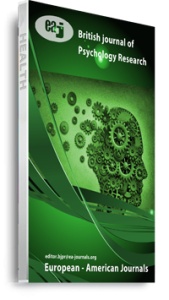This study adopted a re-test, pre-test control group, quasi-experimental design in a 3×2 factorial matrix to investigate the efficacy of advance organizers strategies on chemistry students’ cognitive achievements in redox reaction concept. A total of two hundred and twenty (220) senior secondary two (SS2) chemistry students (118 males and 102 females) purposively selected from three out of six public co-educational senior secondary schools that met sampling criteria in Obio/Akpor education zone, Rivers State, Nigeria constituted three non-equivalent intact classes that participate in the study. A Redox Reaction Concept Achievement Test (RRCAT) instrument with Kuder-Richardson’s reliability co-efficient of 0.90 was used to obtain data. Descriptive statistics (mean, standard deviation and percentages) and inferential statistics (ANCOVA and Scheffe’s post hoc analysis) were used for data analysis at 0.05 alpha level. The findings established that graphics advance organizers strategy consistently produced the highest levels of achievement gain and was therefore found to be most efficacious in promoting meaningful understanding and enhancing higher cognitive achievements in redox reaction concept at all levels of the cognitive domain among the three strategies compared. Gender did not significantly influence the achievement of students in redox reaction concept. It was recommended among others those chemistry teachers and educators should adopt graphics and textual advance organizers strategies as purposeful and efficient instructional strategies and resources in teaching redox reaction so that students could reap the full benefits of active classroom involvement.
Keywords: Advance Organizers Strategies, Cognitive Achievements, Efficacy, Meaningful Understanding

